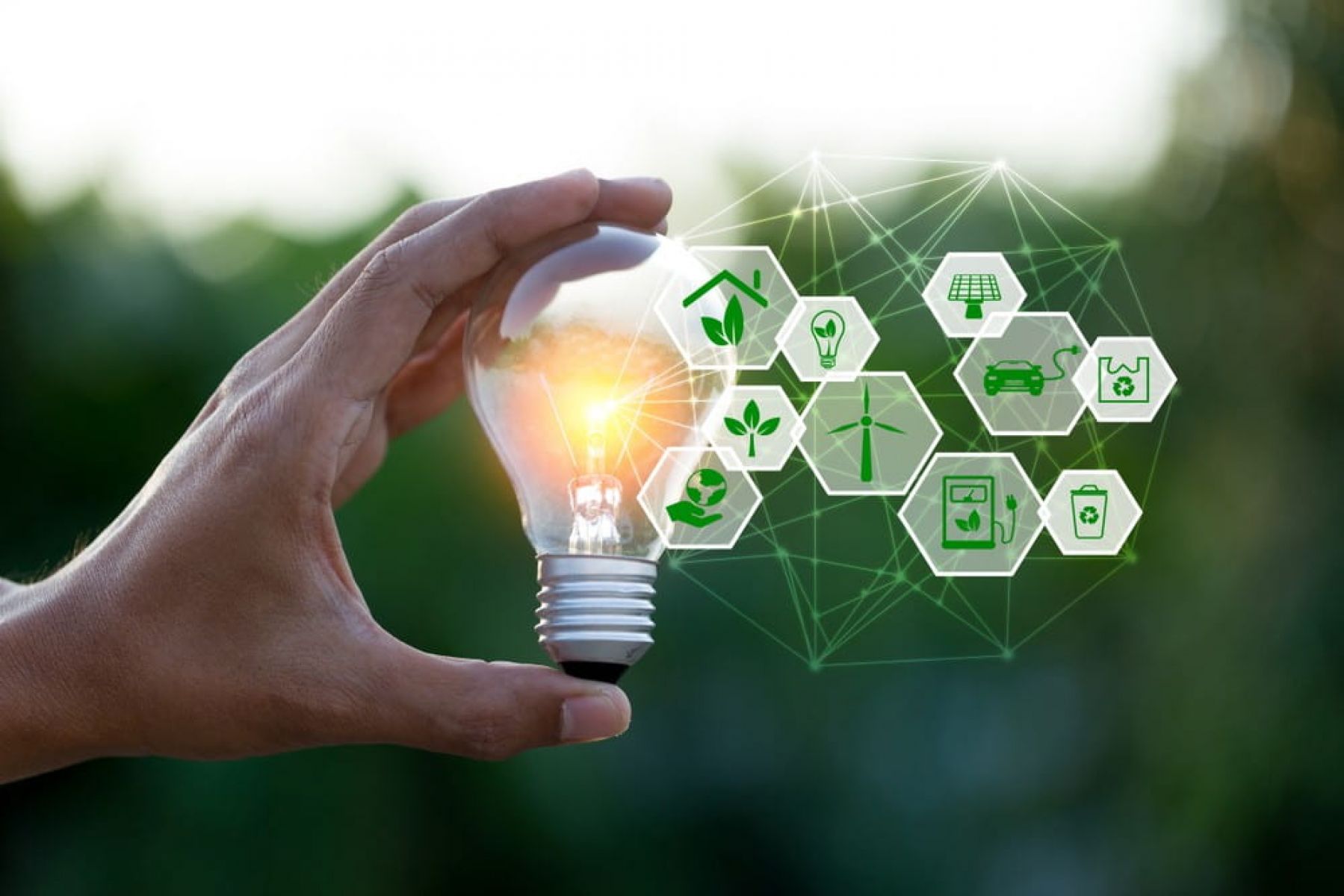
Victoria is undergoing a rapid renewable energy transition on the path to net-zero emissions.
Digital energy technology will be critical to this transition, and Victoria is already at the forefront of digitisation in the energy sector.
Smart meters accurately measure the electricity used in every home and small business in Victoria, which has:
- provided rich data
- enabled the electricity grid to be managed more efficiently
- supported better, more accurate consumer products and services.
This presents significant economic and employment opportunities, with start-ups and new businesses demonstrating Victoria’s potential for home-grown innovation. This is made even more valuable by the introduction of the Consumer Data Right (CDR) for Energy, which allows consumers to authorise third parties to safely access their energy data.
Digital Energy Economy Program (DEEP)
Victoria’s strengths in this area have provided a launchpad for the Digital Energy Economy Program (DEEP).
DEEP tested how the Victorian Government could best support digital energy tech start-ups and innovators.
The CivVic Labs Challenge and Energy Market Ready Grants (EMRG) program were 2 of 3 pilot initiatives.

CivVic Labs Challenge
DEECA partnered with LaunchVic to deliver the CivVic Labs Challenge.
Ten aspiring start-ups were selected to develop their business ideas to solve the following challenge: ‘How might we provide digital solutions to help Victorian consumers improve their energy consumption or access to reliable, clean, and affordable energy.’
Over 6 weeks, founders learnt new start-up skills and received $15,000 in equity-free funding. Following a final pitch, 2 start-ups – HAL Systems and Top Property – were chosen for an additional $35,000 to bring their start-up ideas to life.
For more information, visit LaunchVic.
HAL Systems
HAL Systems is an early-stage climate-tech start-up improving building energy efficiency. Their predictive climate control system, called HAL, is designed for commercial properties. HAL uses weather forecasts to optimise heating, ventilation, and air conditioning systems in real-time, saving energy and operational costs, while keeping people comfortable.
The start-up aims to help build owners reach sustainability goals by reducing CO2 emissions. In the future, HAL will also support time-shifting energy consumption for renewables and to avoid peak prices.
HAL Systems received $50,000. For more information, visit HAL Systems.
Top Property.eco
Top Property is a digital platform designed to help homeowners make their homes more energy efficient. It provides personalised information about solar energy, air conditioning, heating and cooling, financial savings, and trusted local installers. Beyond solar, Top Property also focuses on sustainability data for things like energy upgrades and water efficiency.
For small businesses, it offers useful tools and support. Overall, Top Property aims to educate and empower homeowners and businesses on energy efficiency and to reduce their energy costs.
Top Property received $50,000. For more information, visit Top Property.


Energy Market Ready Grants (EMRG)
Victoria's first Energy Market Ready Grants (EMRG) program supported start-ups to navigate the early or 'market ready' stage. This pilot program provided funding and other support to start-ups with energy-related products and services.
EMRG supported start-ups to develop innovative digital products that address identified market gaps and help Victorians reduce their energy costs, better manage their energy use, and lower their carbon emissions.
Grants of $25,000 or $50,000 were available from a total funding pool of $150,000.
Volta Rocks
Volta Rocks received $50,000 to develop a simple app that helps households and businesses reduce their energy costs, use and carbon footprint.
The app does this by providing personalised energy management and savings tips, customised energy plans, and targeted rebates and grants.
Volta Rocks integrates with the Commonwealth-established open data tool, the Consumer Data Right (CDR) for Energy. Utilising CDR through products like Volta Rocks enables Victorian consumers to get the most out of their smart meter data.
The app has been trialled with several Victorian councils. This tested the effectiveness of those councils' residential greenhouse gas reduction measures.
For more information, visit Volta Rocks.
n0de
n0de (backed by Monash University) received $25,000 for automating energy data collection for its Net Zero Action Plans.
n0de identified that some organisations lack what is needed to put their climate ambition into action. n0de’s Net Zero Action Plans provide a clear action agenda and dashboard for businesses to cost-effectively transition to net zero and identify immediate opportunities and projects where they can get started. This is combined with ongoing support at each step on their journey.
Funding was used to accelerate the development of their technology, including testing whether the CDR for Energy would provide better insights for their customers and streamline data collection.
In their next phase, n0de is working to activate more customers on their net zero journey using the new integrations.
For more information, visit n0de.
Energy Umpire
Energy Umpire received $25,000 to develop a novel tariff analysis and digital switching service to get customers on the best pricing plan and network tariff for them. They can then alert you if a cheaper offer becomes available.
Pricing plans can be complex. Energy Umpire has developed a service designed to make comparison of complex pricing plans easy. It compares all the offers in the electricity market for a customer and presents the best electricity pricing plans.
This service can save customers money and helps support the renewable energy transition by potentially putting customers on tariffs that better take advantage of renewable energy.
For more information, visit Energy Umpire.
BuzzBay
BuzzBay received $50,000 to trial its EV charger software platform, which is at an early stage.
The funding enabled BuzzBay to:
- demonstrate the feasibility of different EV chargers to work with its software platform
- create a stable minimum viable product
- accelerate its path to market.
During the program, BuzzBay partnered with Federation University to install chargers at its Churchill campus and for software development.
Page last updated: 16/07/24
